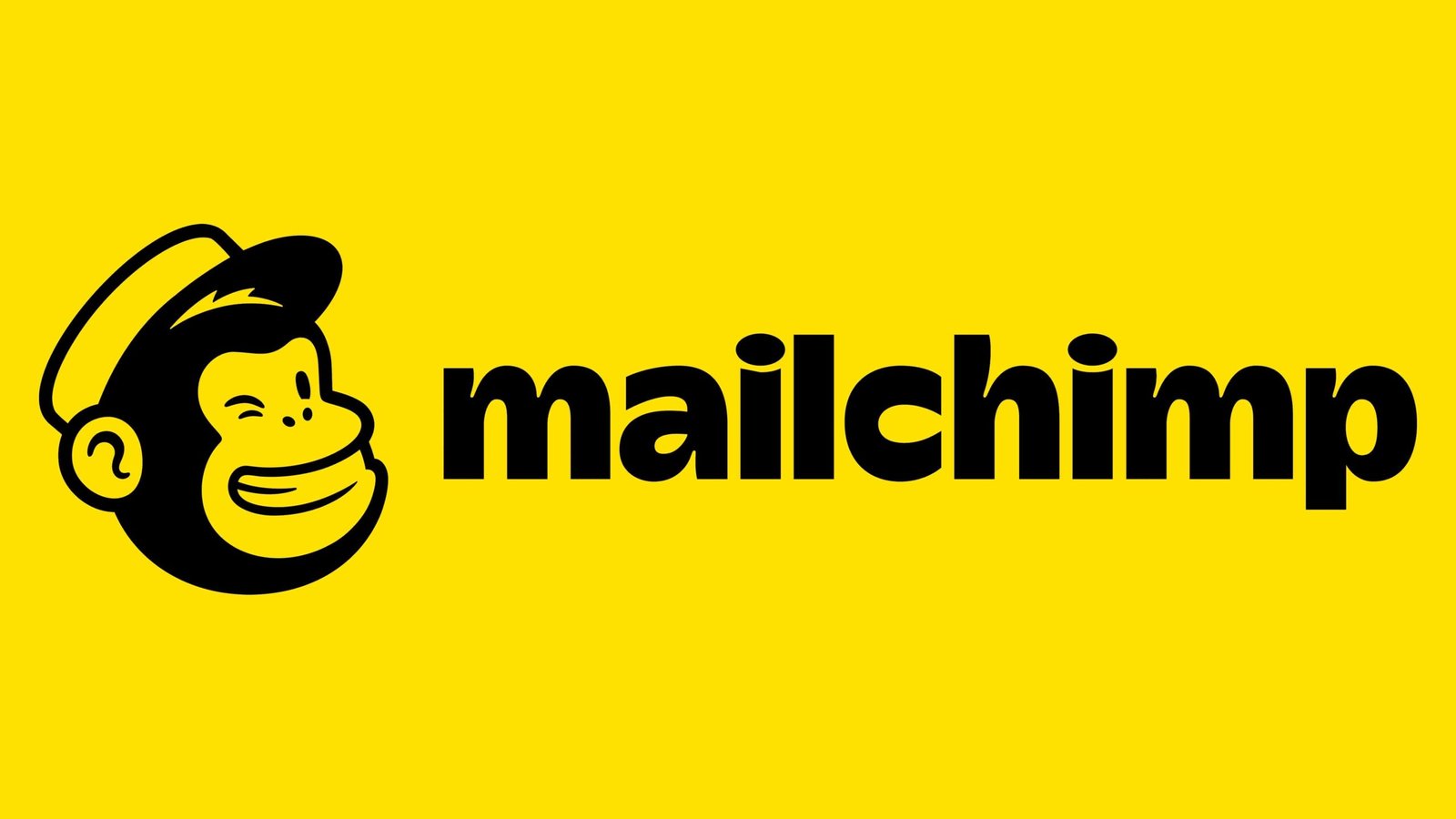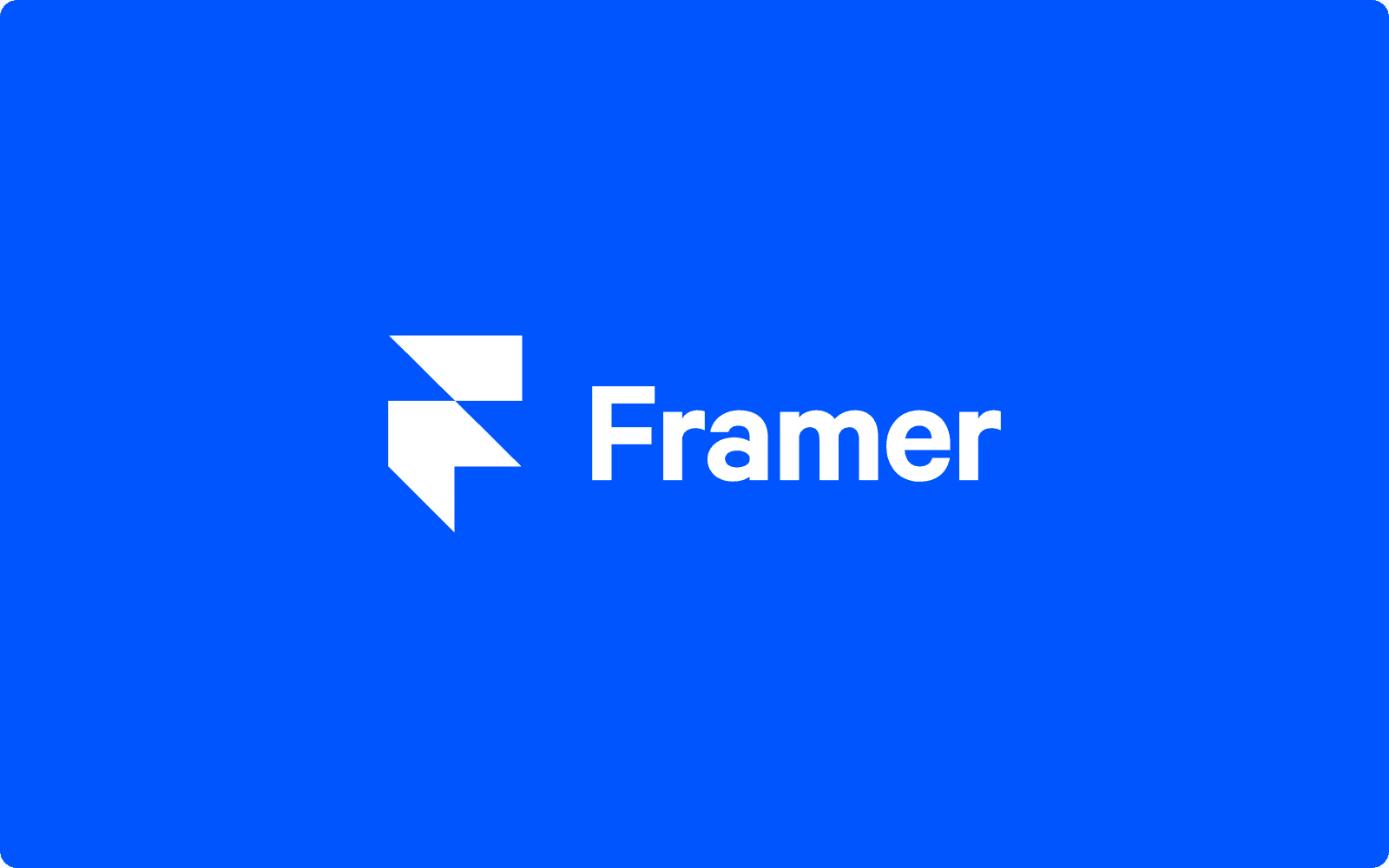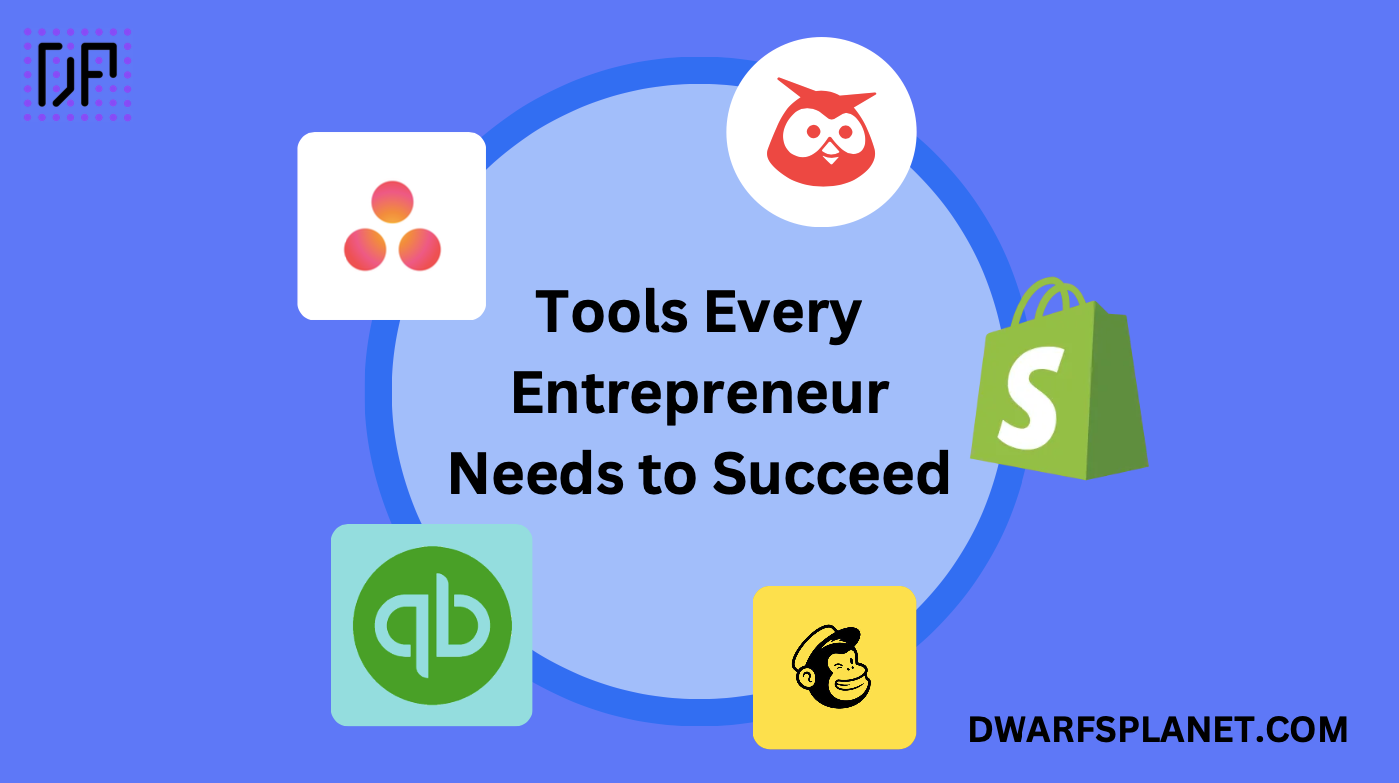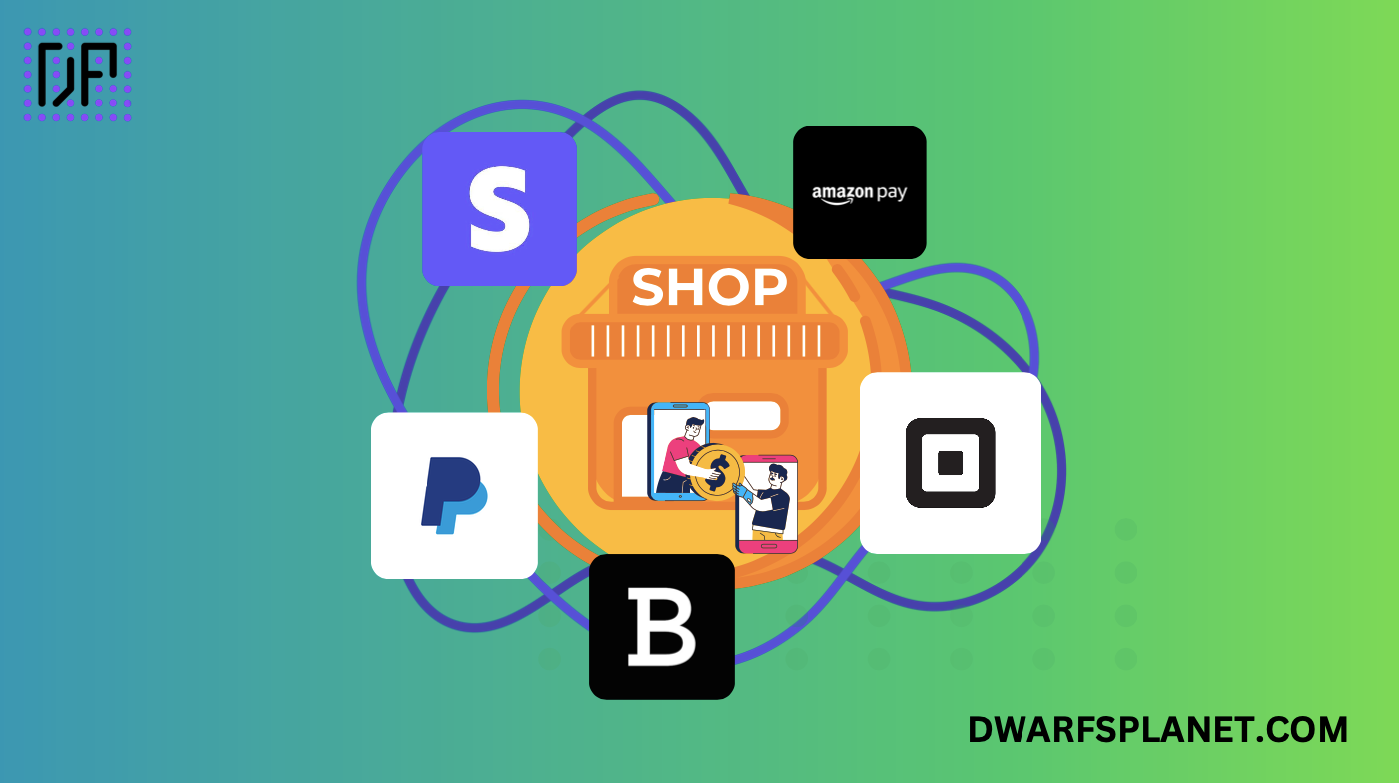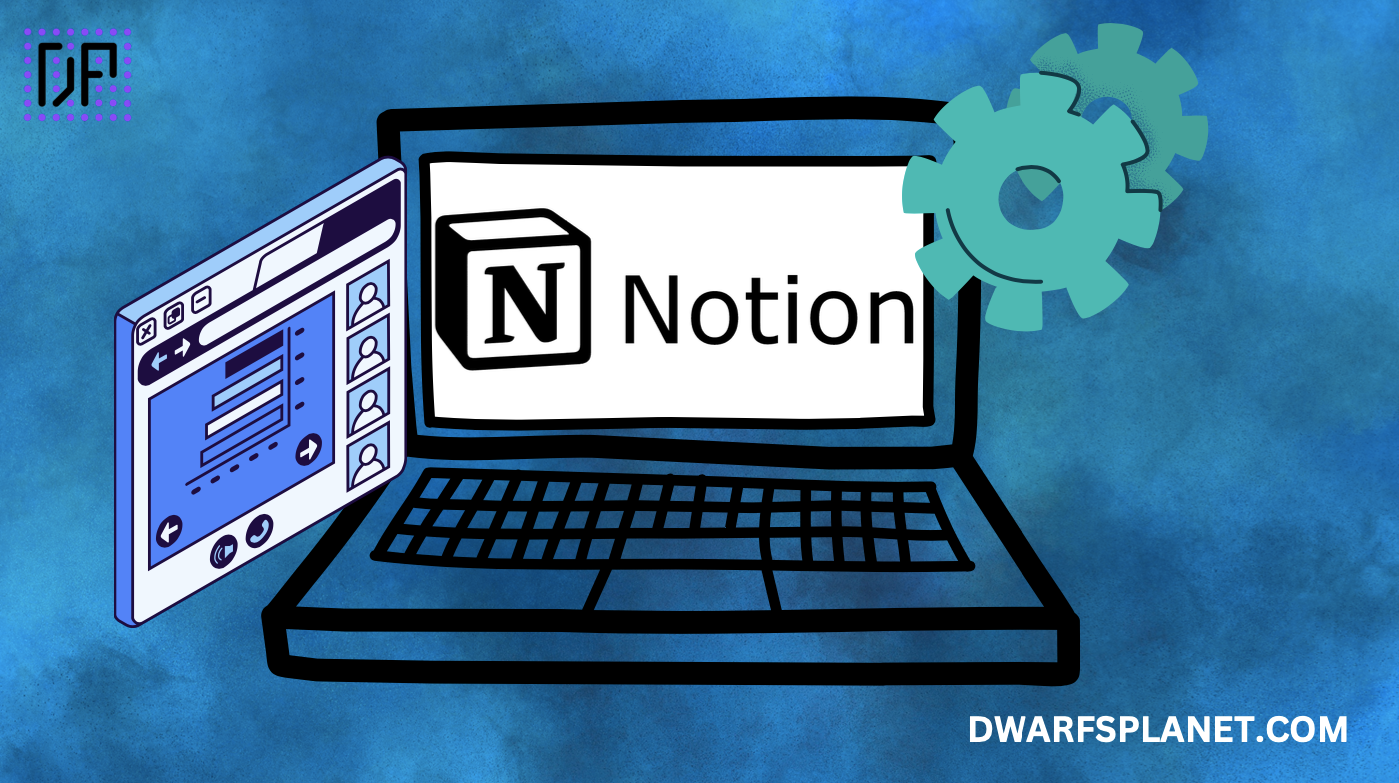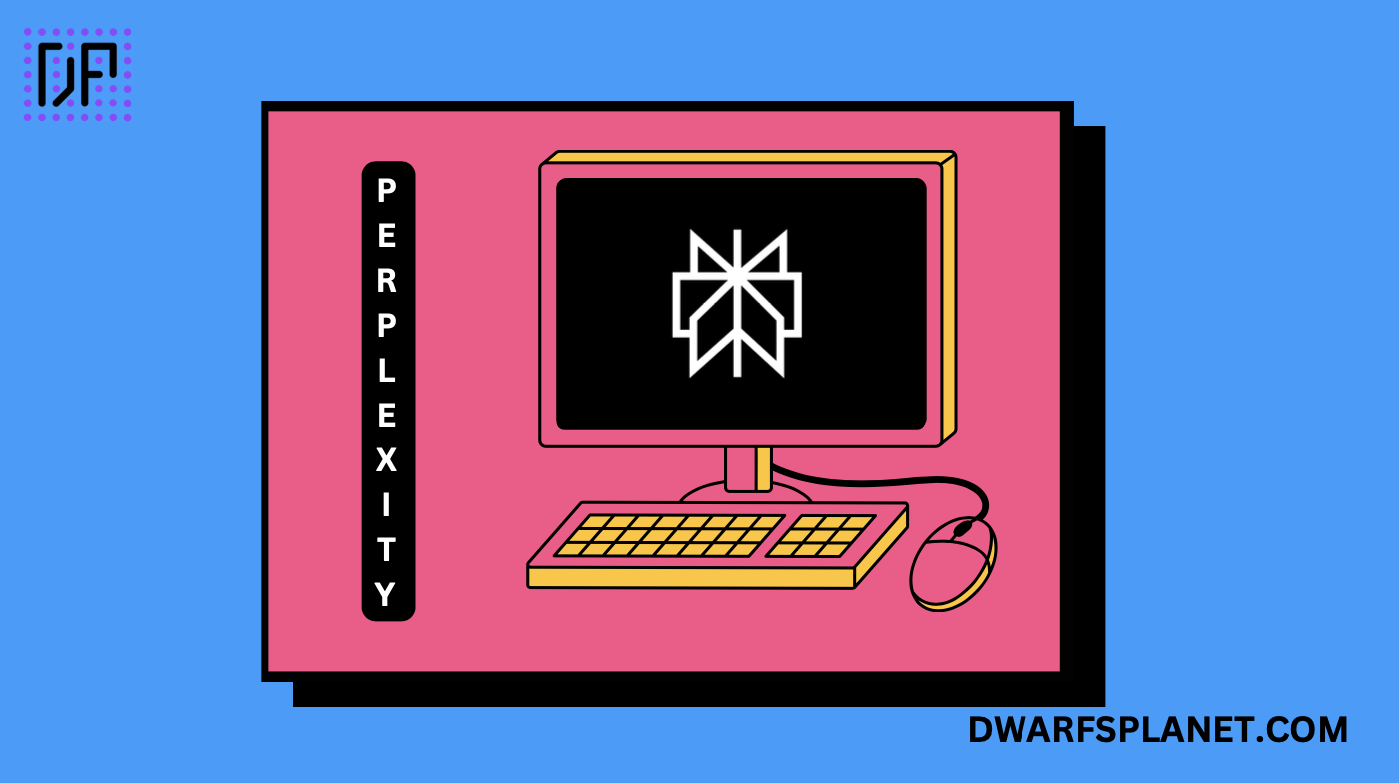Cloud-based deep learning platform.
FloydHub was a cloud-based platform designed to simplify the process of training and deploying deep learning models. Launched in 2017, FloydHub provided a managed environment where data scientists and developers could run experiments, train models, and deploy them without worrying about managing underlying infrastructure. The platform supported popular machine learning frameworks like TensorFlow, PyTorch, and Keras, and aimed to provide seamless integration with GitHub for version control and collaboration. Despite its promising start, FloydHub was discontinued in early 2021 and is no longer available for new users. However, the platform’s design and functionalities have inspired many alternatives that still serve the needs of data scientists and machine learning engineers.
Key Features:
- Managed Compute Environment: Provided on-demand access to GPUs and CPUs, enabling users to train deep learning models without managing hardware resources.
- Pre-Configured Deep Learning Frameworks: Supported popular frameworks, including TensorFlow, Keras, PyTorch, Caffe, and others, pre-configured and ready to use.
- Experiment Management and Tracking: Enabled users to track experiments, monitor performance metrics, and compare model versions to identify the best-performing models.
- Collaboration Tools: Integrated with GitHub for version control and project management, allowing for easy collaboration among team members.
- Data Storage and Management: Offered cloud-based storage for datasets, making it easy to upload, share, and manage data during the model development process.
- Deployment and Serving: Simplified the deployment of trained models as APIs, enabling real-time predictions and integration with web and mobile applications.
Benefits:
- Ease of Use: Designed to be user-friendly, with a simple command-line interface (CLI) and web dashboard, making it easy for users to set up and run experiments.
- No Infrastructure Management: Freed users from managing complex infrastructure, allowing them to focus on developing and training models.
- Support for Multiple Frameworks: Provided flexibility to use a wide range of machine learning frameworks, making it accessible to developers with different preferences.
- Experiment Tracking and Reproducibility: Offered tools for tracking and managing experiments, ensuring reproducibility and easy comparison of different models.
- Rapid Prototyping: Enabled quick experimentation and model iteration, reducing time to market for machine learning solutions.
Strong Suit: FloydHub’s strongest suit was its managed environment that allowed users to easily train and deploy deep learning models without needing to manage infrastructure, making it ideal for quick experimentation and collaborative projects.
Pricing (when available):
- Pay-As-You-Go: Charged based on the usage of compute resources (GPUs, CPUs), storage, and other services, with flexible pricing plans tailored to different user needs.
- Subscription Plans: Offered subscription options that provided discounted rates for regular users based on monthly or annual commitments.
Considerations:
- Platform Discontinuation: FloydHub was discontinued in early 2021, and is no longer available for new users, making it necessary to explore alternative platforms.
- Limited Customization: Although user-friendly, FloydHub’s managed environment could be limiting for advanced users who needed complete control over their environment or wanted to optimize for specific hardware configurations.
- Dependency on Cloud Services: As a cloud-only solution, users had to rely on FloydHub’s infrastructure, which could be a drawback for those needing on-premises deployment.
Experiment tracking for ML projects.
Experiment management and tracking tool.
Python distribution with ML libraries.
Summary: FloydHub was a popular managed platform for training and deploying deep learning models, providing a user-friendly environment that simplified the machine learning workflow by handling infrastructure management. Though the platform was discontinued in 2021, its design and capabilities continue to inspire alternatives like Paperspace Gradient, Google Colab, and Amazon SageMaker, which offer similar functionalities for data scientists and developers. For those looking for managed solutions to accelerate their machine learning projects, these alternatives provide powerful options to consider.
 Skip to content
Skip to content 




